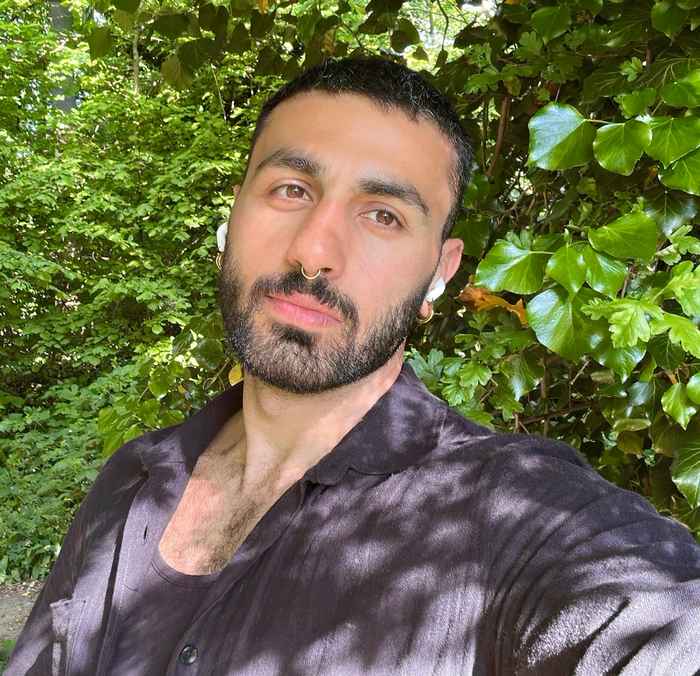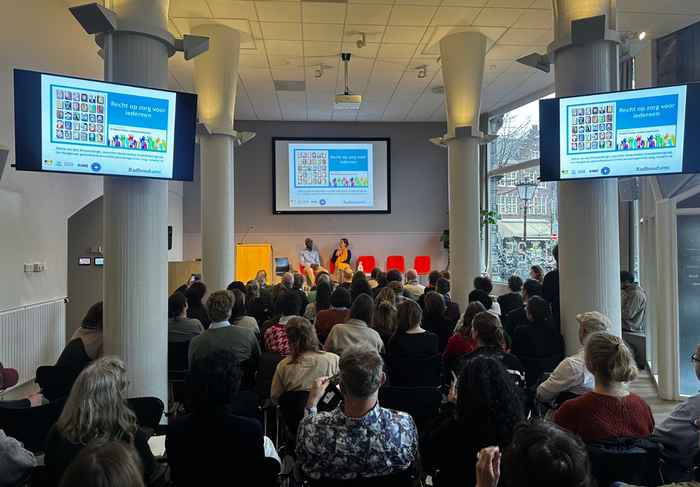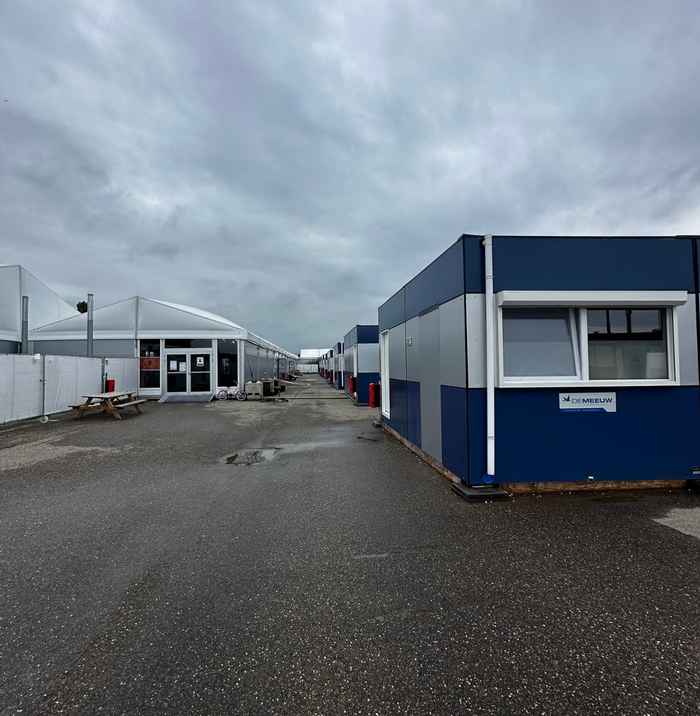I felt close to the people and their stories, but as a sociologist, I also had to take a step back to reflect critically.’
Nour

The work was professional as well as personal. I am a refugee myself. I once lived in these centres, and slept on similar beds. During my internship, this was the first time I went back to asylum seekers’ centres after being granted asylum. Stepping into a centre after a long time felt different, and I will always remember that feeling.
My role
My days looked different depending on the work I had to do.
One part of my internship was coordinating the Lampion Network. This is a group of organisations that want to improve healthcare access for undocumented people. I was the main point of contact, planned meetings, shared updates, followed new policies, and helped organise the yearly Human Rights Day event.

Most of my time went to my research project. In the office, I prepared research tools, like interview and focus group questions. I also contacted managers of asylum centres to ask if we could visit. This was all to get ready for fieldwork.
Doing fieldwork
During fieldwork, I visited asylum centres in different, often remote parts of the Netherlands. Together with my team, I talked to people who lived in temporary asylum centres. We asked them about daily life, who they lived with, how they spent their time, and what happened when they were sick and needed a doctor. We wanted to hear real stories about life in the centres and access to healthcare.
I helped lead interviews and focus groups. After fieldwork, I analysed all the information using a programme called ATLAS.ti. The results were later published in a report by Dokters van de Wereld, Pharos and the Red Cross.
Challenges
Fieldwork is not always easy. One time, I planned a focus group with nine people, but only three came. I had to change the plan quickly. These people were eager to share their experiences, so instead of a focus group, I did individual interviews. In the end, this worked well because the conversations were even more personal and detailed.

What I learned
This internship taught me a lot. I became better at doing research and writing, not only for university but also for people who work in policy. I developed organisational skills, learned to plan big projects, and collaborate with different organisations.
But I also learned about the emotional and ethical side of doing research in asylum contexts. My sociology studies helped me understand what I saw in the centres. In class, I learned that rules and laws are not just words on paper: they shape how people experience their daily lives.
Public stories and the media also influence who society sees as “deserving” of help. Even organisations that want to help work within systems where power and money play a role. This made me realise that some people still cannot access proper care, even when the system seems inclusive on paper.
I thought a lot about labels like 'refugee' and 'migrant.' They may seem neutral, but they are connected to race and origin, and they affect how people are treated.
The link with sociology
My sociology training taught me to listen beyond words, to recognise patterns, and to understand how individual experiences are shaped by laws and larger systems like migration policy.
I thought a lot about labels like 'refugee' and 'migrant'. They may seem neutral, but they are linked to race and origin, and influence how people are treated. During my internship, I saw a clear difference between how Ukrainian refugees and non-white refugees were treated. This showed me that the category “refugee” is not neutral, but shaped by social dynamics.
A sociologist’s perspective
Being a sociologist in training also means thinking about my own position, which we call positionality. I thought about who I am and how my background shaped the way I experienced the research. My own history helped me see power differences that were not always visible at first: who gets to speak, who speaks for others, and how organisations sometimes present unfair situations as normal.
Finding the right balance was not always easy. As a refugee myself, I felt close to the people and their stories, but I also had to take a step back to reflect critically on what was happening. It helped me become a better researcher.
Open doors
I am proud of how I used my elective time during my bachelor’s programme. The research skills I developed during this internship opened doors for me to work as a research assistant on different projects, including projects on migration, asylum, and other areas of social research.